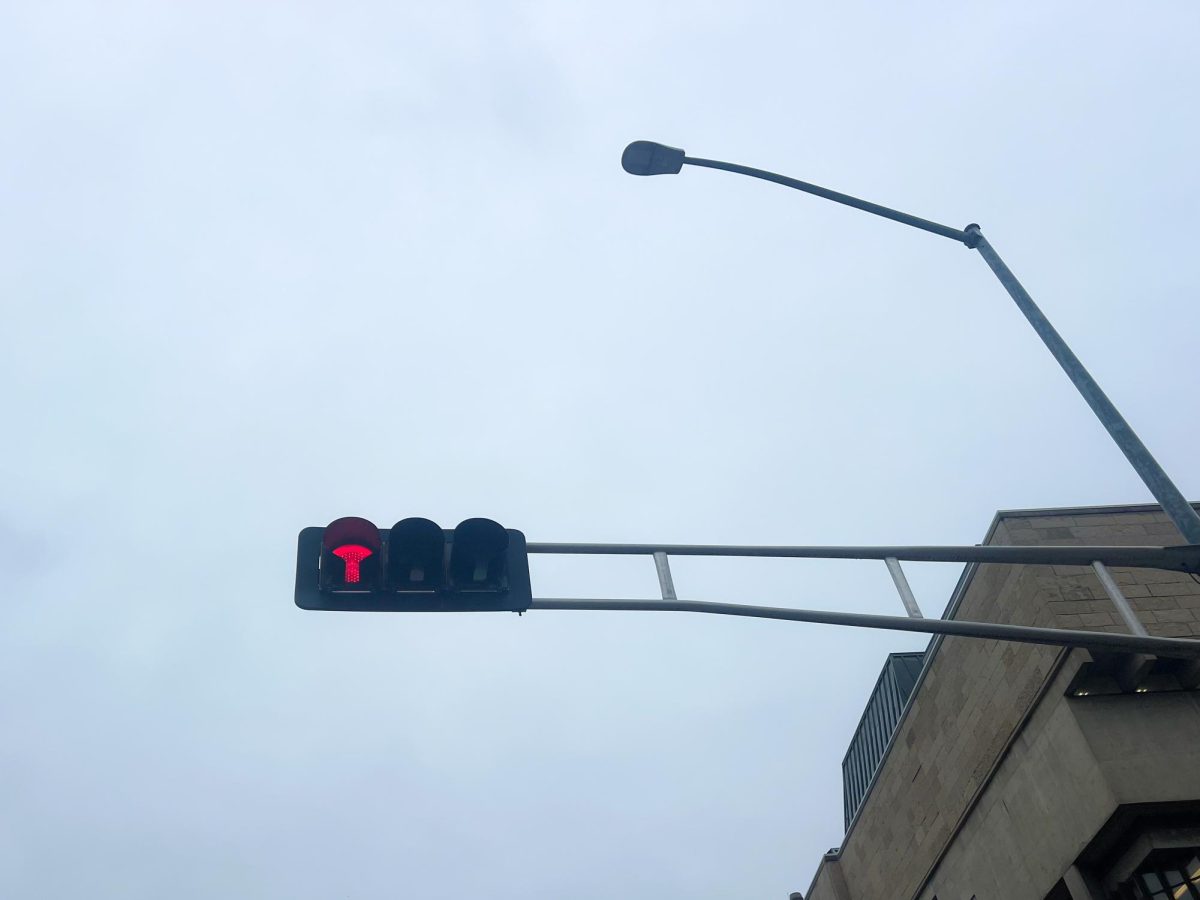[media-credit name=’Lukas Keapproth/The Badger Herald’ align=’alignnone’ width=’648′] [/media-credit]
[/media-credit]
One of the most debated political dramas in recent Madison history ended Tuesday night when members of the City Council voted to approve a financial model to relieve the Overture Center for the Arts’ mounting debt.
The 14-5 vote in favor of the new proposal marks the culmination of approximately six months of negotiation, an ad-hoc review committee and four previous financial proposals.
Under the new model, a private 20-to-25-member board will govern Overture as the city provides a $2 million annual subsidy. Ownership of the facility will transfer to the board effective Jan. 1, 2012, keeping the banks off the center’s back through 2011.
Compared to many other controversial issues facing the council, the Overture legislation cruised through the council, barely changing and facing a small amount of public criticism compared to previously proposed models.
One of the union representatives speaking against the proposal, parking utility worker and American Federation of State, County and Municipal Employees member Tim Birkley told the council he feared his job and the jobs of his fellow union members, which are not in any way associated with Overture, could face cuts or layoffs if previous Overture employees endured layoffs because of the new model.
Both Birkley and AFSCME Local 60 Business Agent Chris Gauthier said they did not support the fifth model.
“I cannot stand before you today and support this proposal. I do not think it will work,” Gauthier said. “The careers of many employees who have made this their livelihood will be irreparably damaged.”
Ald. Mike Verveer, District 4, added an amendment to the resolution dictating stipulations for future negotiations between public employees unions at Overture and city officials and allowing Overture employees to bump into other union positions prior to the transition date in 2012.
Verveer said he was optimistic the private model will work, but also said it is possible trade employees could face layoffs or cuts because of the changes.
“It is with a heavy heart that I will support the [fifth model] this evening only because of the employee issues,” said Verveer, whose district include the Overture Center. “That is the only downside in my estimation.”
Ald. Marsha Rummel, District 6, said the model that was approved is the “best political solution” but she voted against the plan because she said it did not address other problems associated with Overture sufficiently.
“I think the outcome is [that] the debt goes away and all of the underlying problems do not,” Rummel said. “I don’t think anything on the table could satisfy me.”
In addition to Rummel, Ald. Chris Schmidt, District 11, also came out against the proposal, saying it was the result of mounting political pressure from important people throughout the city.
“Would we have done this for anything else”? Schmidt said. “We’re spending a lot of money to avoid those questions and placate a lot of people…I feel like perhaps we’re giving up to some extent.”
Ald. Bryon Eagon, District 8, added to the chorus of alders saying the new model was the result of positive negotiations and, above all, an imperfect compromise.
“I think it’s important to point out…the perfect doesn’t have to be the enemy of the good,” said Eagon, whose district is made up almost entirely of UW students. “I believe that through this process and through the time and energy we’ve put into this, we’ve reached a principled compromise.”












